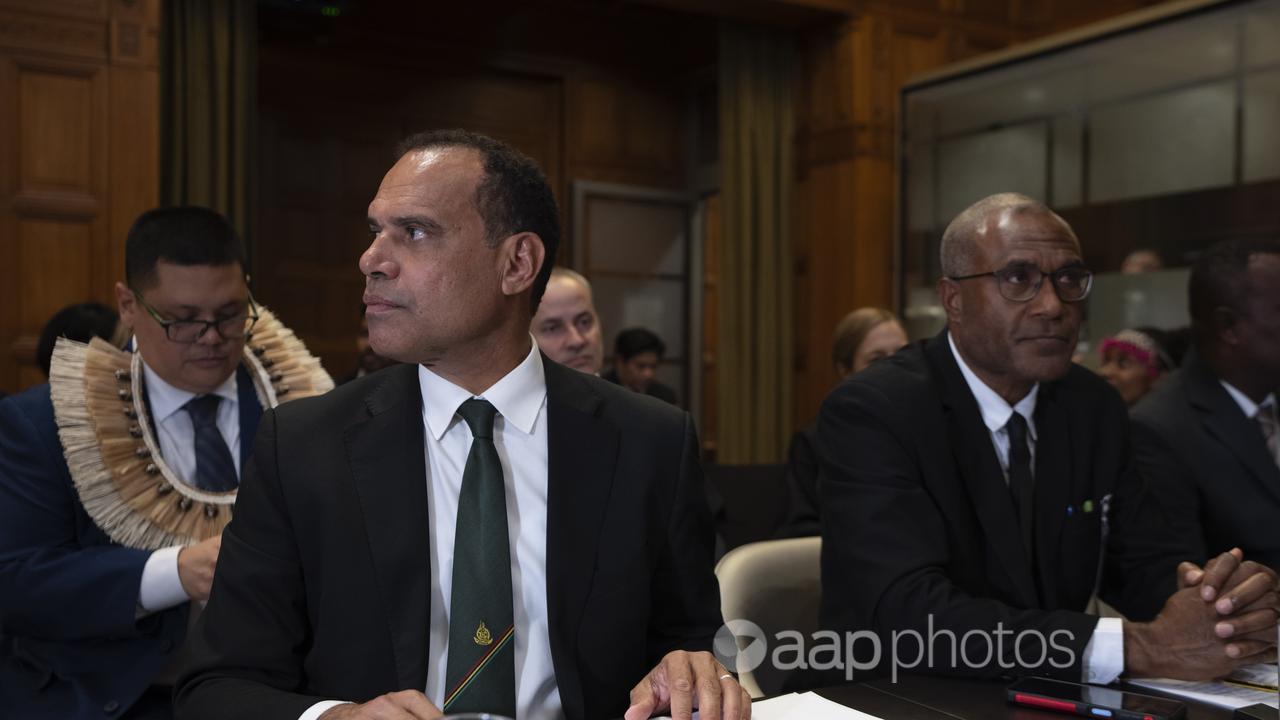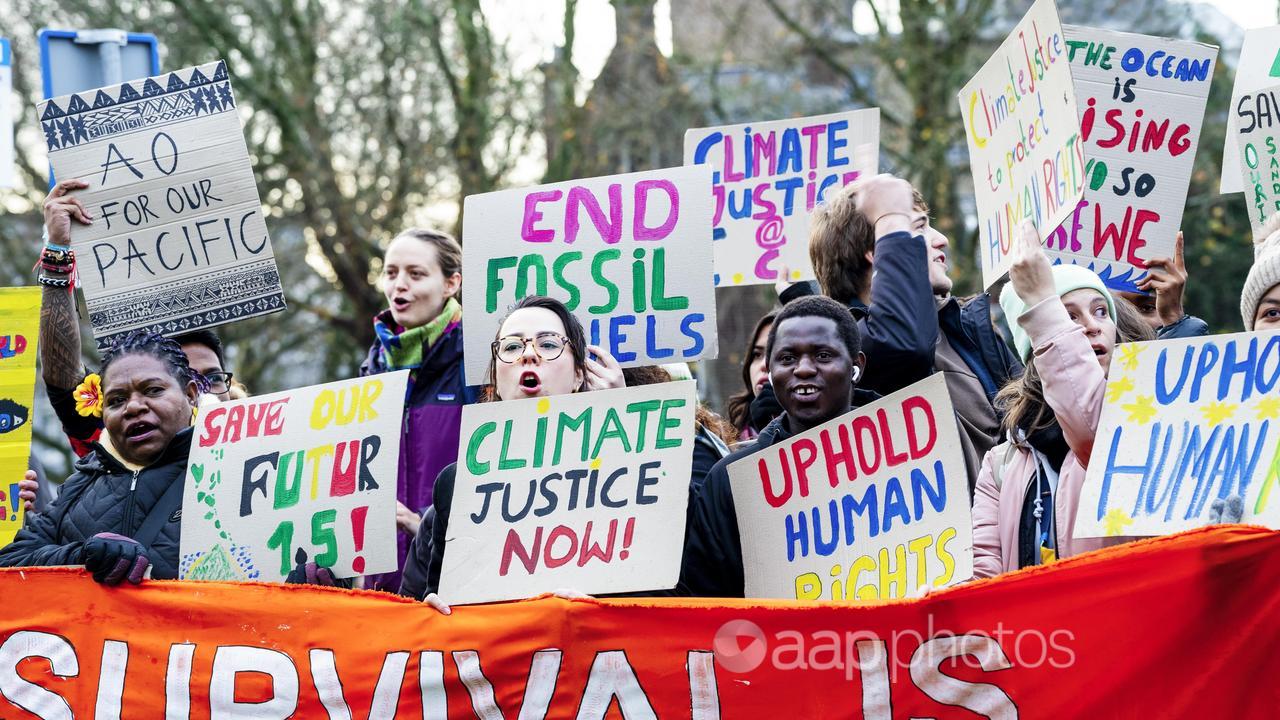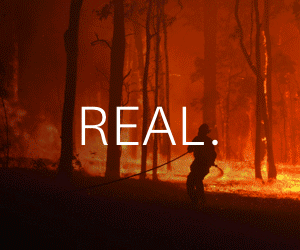Australia has reiterated its commitment to the Paris Agreement on climate action but does not think high-emitting countries have further legal responsibilities to stave off climate catastrophe.
In a landmark case brought before the UN’s International Court of Justice (ICJ), Vanuatu is leading an argument brought by several Pacific nations and developing states that developed countries have a legal responsibility beyond the existing UN frameworks.
Despite Australia joining more than 100 countries to petition for the ICJ to issue an advisory opinion, it had not been clear how Australia would argue when making its submissions.

General Counsel for the Attorney General Jesse Clarke told the court Australia stood by its commitment to the Paris Agreement, was taking “urgent and ambitious climate action” and applauded Vanuatu’s leadership in “driving forward” the hearing.
Australia was “resolutely committed” to achieving the objective of the UN Framework Convention on Climate Change and the goals of the Paris Agreement, including by strengthening its emissions reduction targets, legislating a commitment to achieve net zero by 2050 and delivering on its climate finance commitments, Mr Clarke told the ICJ on Monday, the first day of two weeks of hearings.
“Climate change is the greatest shared threat to all countries… Indeed, climate change poses the single greatest threat to the livelihoods, security, and wellbeing of the peoples of small island states, including Pacific island states.
“Australia acknowledges the extent of the challenge posed by climate change. And recognises that ambitious individual and collective action must be undertaken urgently.” Mr Clarke said.

“In this regard, the UNFCCC and the Paris Agreement are the central instruments that provide the framework for international cooperation and commitments to tackle the grave challenge of climate change.”
Vanuatu and other Pacific nations and developing states are arguing there is a legal responsibility beyond the internationally negotiated UN frameworks like the Paris Agreement.
But Australia’s Solicitor General Stephen Donaghue said the requirement of international laws had already been considered in the negotiation of those frameworks.
While most states recognised a responsibility to prevent “transboundary harm”, Australia and other parties did not agree that the principle applied to environmental harm caused by greenhouse gas emissions – an issue that had been discussed at the time the Paris Agreement was written.
Given the widespread adoption of the UN treaties, customary international law “should not be held to have developed in a way that imposes obligations with a different content”, he said.
“Australia’s view, which it shares with several participants in this proceeding, is that the UNFCCC and the Paris Agreement specify what that standard requires for states party to those treaties.
“Equally, compliance with those treaties will also satisfy the procedural aspect of the principle.”
The world has warmed 1.3 degrees since pre-industrial times, and there are doubts as to whether the biggest nations will meet their Paris Agreement commitments – the key inter-governmental agreement to limit human-induced climate change.



















